Giving people a second chance at life is the driving force behind this artisan breadmaker with a difference
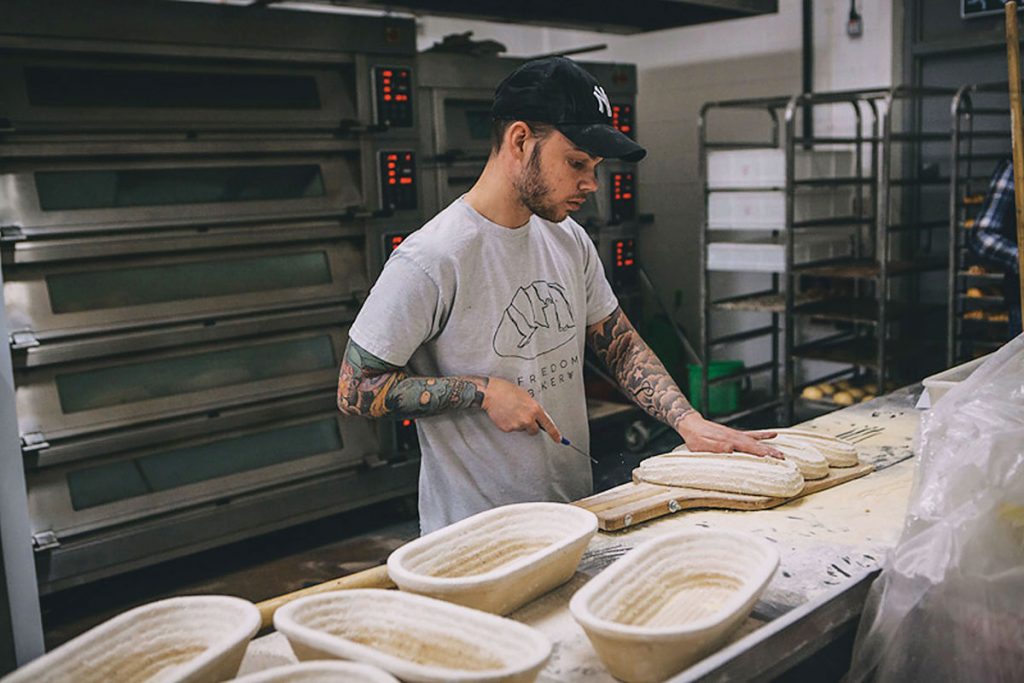
Words Catherine Coyle
Photography Christina Riley
It has only just passed its first birthday, but already Freedom Bakery has a reputation for producing some of the best artisan bread in Scotland. You can buy its loaves and pastries from delis around Glasgow and the central belt, but it also supplies many top restaurants and popular cafes. What most buyers don’t realise, though, is that their sourdough or croissant was probably made by a former prisoner.
“It all started in a prison kitchen,” recalls Freedom’s founder, Matt Fountain. “The idea was to open a bakery café, offering prisoners jobs after release.” This kernel of an idea grew and changed and, after a period of raising funds and researching both the viability of a wholesale bakery and the social justice system in Scotland, Freedom properly began life in a floury industrial unit in the heart of Springburn, just north of Glasgow city centre.
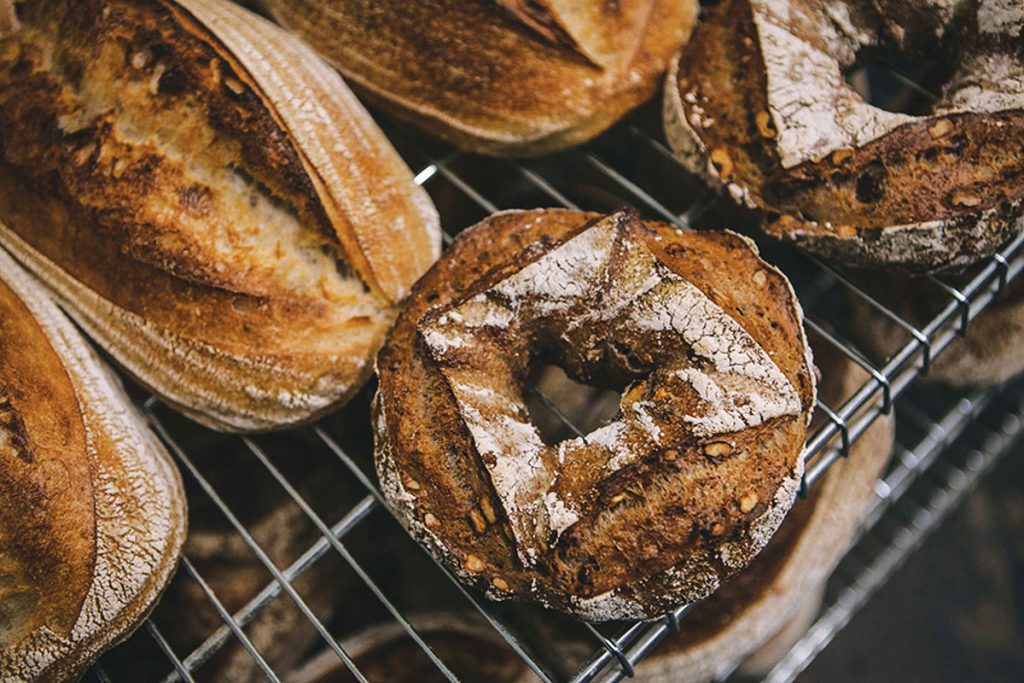
It has flourished largely through word-of-mouth, and it’s the quality of what it makes, more so than its status as a social enterprise, that makes its loaves and pastries sell out fast – people buy this stuff because it tastes so good, not simply because they want to support a worthwhile cause.
Second chances, it seems, are not confined to the employees. Fountain dropped out of an architecture course at university and switched to studying history of art. He did well, ending up top of his class and working towards a job in London as a junior specialist at Christie’s and a PhD at Oxford. “But I got cold feet,” he admits.
“I couldn’t see enough validity in what I was doing. I needed a greater connection to people. Eventually, I settled on a bakery because I thought it would be easy! Bread is a ubiquitous commodity and it is basically just three ingredients – we couldn’t give anyone food poisoning with bread!”
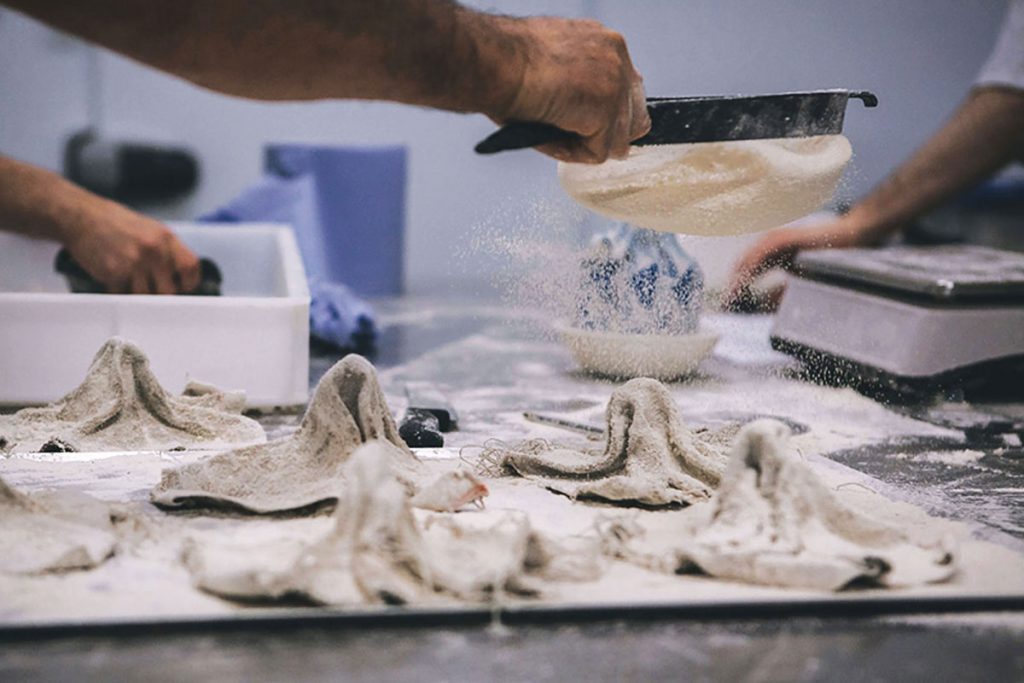
He took on Scott MacKenzie, who at the time was training young bakers in Edinburgh; his mix of commercial and teaching experience has been crucial to Freedom’s success, and, as head baker, he now trains apprentices who come on day-release from HMP Barlinnie.
As a social enterprise, Freedom is unique in that it has never received any public funding; it has been financed via private investors and through loans from the likes of Resilient Scotland. “When we started in May 2017, we had 17 customer accounts,” recalls Fountain.
“Today we have around 117. Places like Ox and Finch, Locavore and the Ubiquitous Chip stood by us and were very patient in the early days. Now, we can open earlier, get deliveries out sooner and bake more. The popularity of artisan bread is relatively new. It’s underdeveloped, so there’s no rule book,” he says.
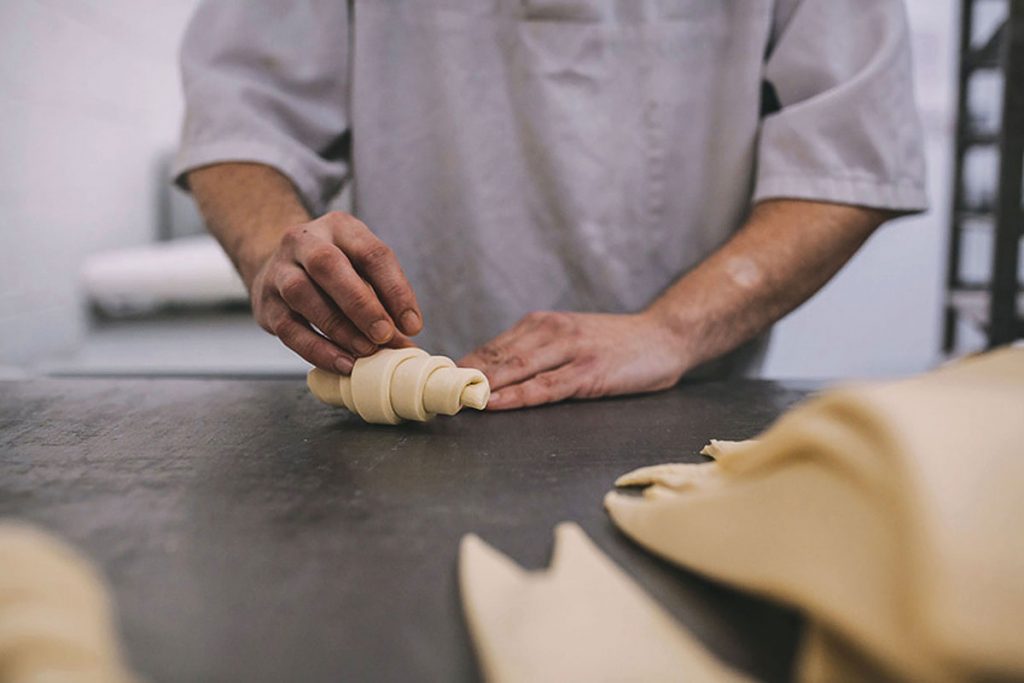
Working with vulnerable people, Fountain is acutely aware of the problems faced by ex-prisoners on a daily basis, the chaotic nature of beginning again on the outside and the way issues such as addiction and homelessness can affect finding and retaining employment. Today, around 25 to 30% of Freedom’s staff are ex-offenders, with the aim of eventually getting this figure up to 50%.
Working with people while they are still in prison, via day-release, means that training can get underway early. It protects people during that four-to-six-week wait between getting out and getting benefits, when they have no money.
This period, explains Fountain, is when re-offending is often most likely to occur. “We’ve given people loans to get them through this time, and we can also vouch for those who might need emergency accommodation, for example, because we’re an employer.”
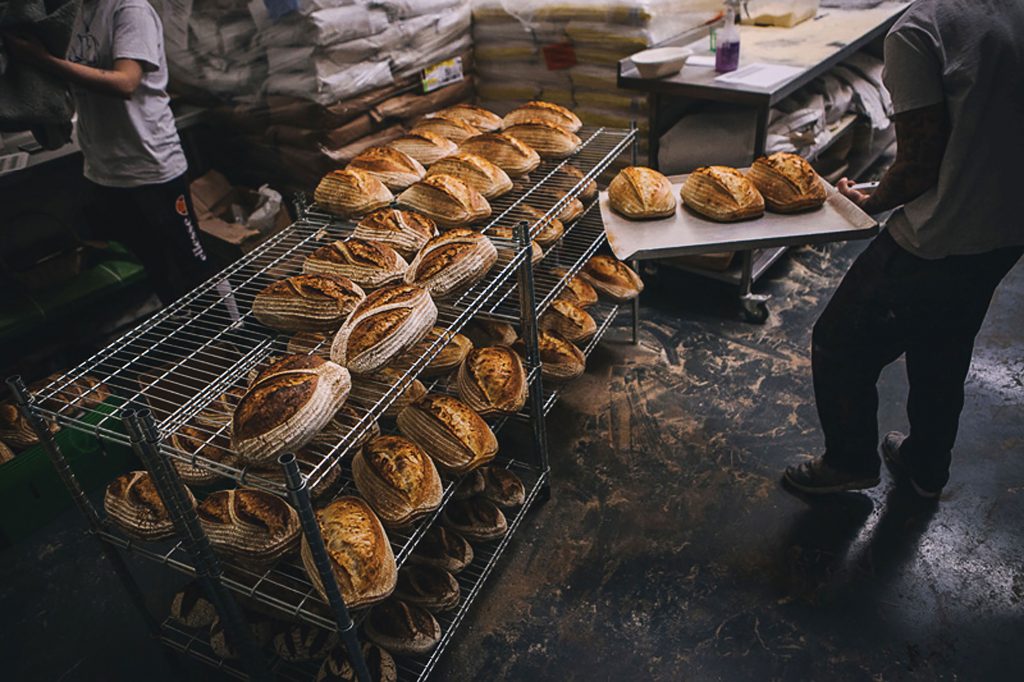
However well Freedom Bakery does as a business, it’s important to remember that simply making bread from scratch is not without its rehabilitative qualities – whether you’re an ex-con or Joe Public seeking mindful head space.
Providing the structure of meaningful employment, learning transferable skills and creating something with your own hands that can then be shared and enjoyed with others has restorative qualities that go beyond any kind of social justice programme.
“There is something very calming about using your hands to knead the dough,” agrees Fountain. “Each loaf goes through three pairs of hands – for kneading, shaping and baking. There’s equal commitment required.”





